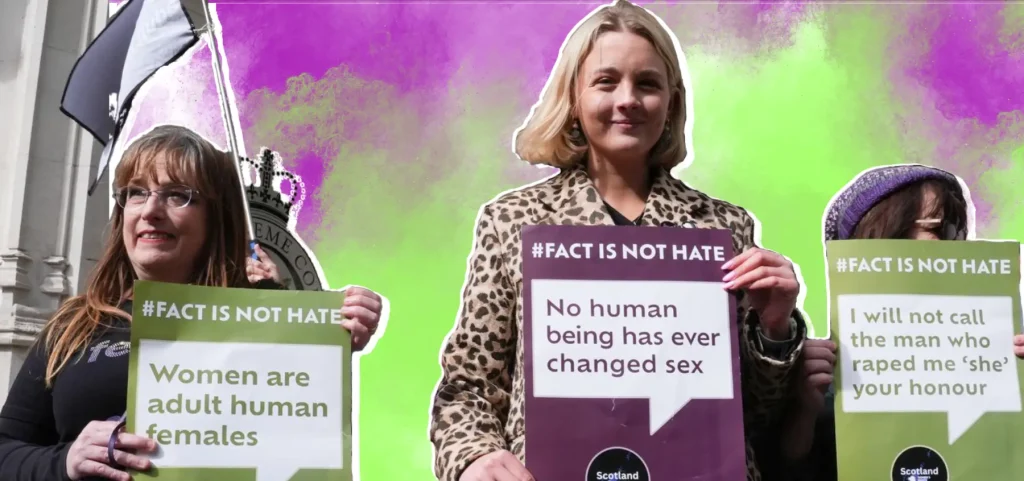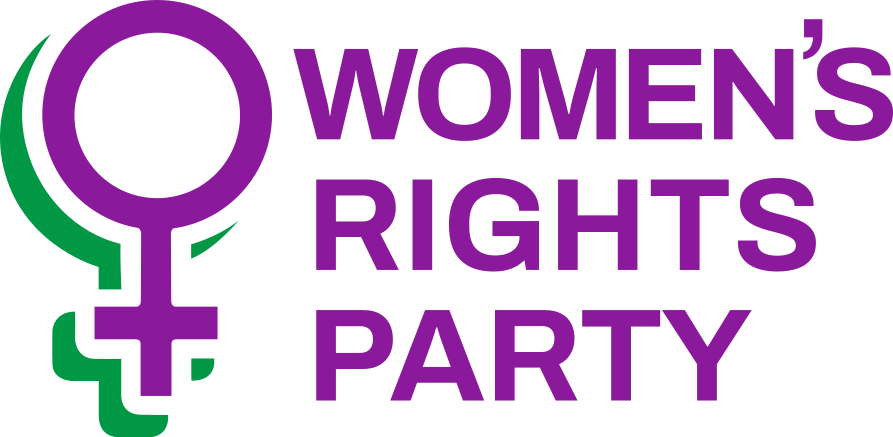For the second time in as many days, New Zealand women are celebrating that the tide is turning on gender ideology.

For the second time in as many days, New Zealand women are celebrating that the tide is turning on gender ideology.
On Tuesday, it was revealed that Associate Minister Casey Costello had written to Health NZ directing them to refer to “women” in relation to women’s health.
And yesterday {16 April] the UK Supreme Court found in, a unanimous decision, that the meaning of “woman” in anti-discrimination law did not extend to those holding a gender recognition certificate (GRC).
Deputy President of the Supreme Court Lord Patrick Hodge, said that the terms “woman” and “sex” in the Equality Act 2010 referred to a biological woman and biological sex. The ruling represents a significant defeat for the Scottish government. A group of women, For Women Scotland, had challenged legislation that allowed those with a GRC to sit on public boards in posts reserved for women.
Women’s Rights Party Co-leader Jill Ovens praised the women who organised in Scotland, across the UK, and who won global support under the catch cry “We will not wheesht”. “The women refused to be silenced. After losing their case in the Scottish courts, the women took their case all the way to the UK Supreme Court in a seven-year battle,” Ms Ovens said.
The decision has significance in the New Zealand context because the Law Commission is preparing a report to Parliament, due in June, about whether “gender identity and expression” should be included in the New Zealand Human Rights Act.
The Women’s Rights Party opposed this as it would impact on current protections for biological women where discrimination in favour of women is allowed under certain circumstances, such as sport, or counselling services, or hostels.
The UK Supreme Court found that while the word “biological” did not appear in the definition of man or woman in the Equality Act, “the ordinary meaning of those plain and unambiguous words corresponds with the biological characteristics that make an individual a man or a woman”.
Although the Court said that “read fairly and in context, the provisions relating to single-sex services can only be interpreted by reference to biological sex”, Ms Ovens said the reality had been that public bodies and NGOs, including here in New Zealand, have been allowing men who identify as women to access spaces where women are vulnerable. These include women’s refuges and changing facilities where women are undressing, for example at public swimming pools and at work.
The New Zealand equivalent anti-discrimination legislation names “sex” as the first of 13 protected grounds of discrimination, and further clarifies that sex “includes pregnancy and childbirth”.
